Europe stands at a crossroads. As a continent rich in history, culture, and democratic values, it is facing unprecedented challenges that threaten its very fabric. From the chaos of migration to ideological battles within the European Union, the political landscape is fraught with tension and division. This article dives deep into these critical issues, reflecting voices from key European leaders and parliamentarians who shed light on the underlying chaos, control mechanisms, and hypocrisy shaping today’s Europe.
At the heart of this discussion is the vision of a Europe that respects sovereignty, embraces freedom, and fosters democracy—values that many feel have been eroded by bureaucratic overreach and ideological imposition. Let’s explore these themes and understand the complex dynamics at play in the European Union today.
Table of Contents
- A Vision for Europe: Devotion to Freedom and Sovereignty
- The Migration Crisis: Legal, Illegal, and the Failure of Enforcement
- Political Hypocrisy and Sovereignty Under Threat
- The People’s Will vs. Brussels’ Arrogance
- Internal Market vs. Political Union: The Limits of Integration
- Hungary’s Stand: National Decision-Making and Migration Policy
- The Changing Mindset on Values and War
- The Bureaucracy vs. Democracy Dilemma
- Defending Traditional Beliefs Amidst Ideological Pressure
- Conclusion: The Future of Europe at Stake
A Vision for Europe: Devotion to Freedom and Sovereignty
Ursula von der Leyen, President of the European Commission, opens with a powerful declaration: “This is the Europe I love, and this is the Europe my commission will always be devoted to.” Her words emphasize a Europe united by shared values and history, fighting for freedom that connects past, present, and future generations across nations.
However, this idealistic vision contrasts sharply with the reality described by several Members of the European Parliament (MEPs) who highlight the fractures and urgencies facing the continent. Jorge Buxadé bluntly notes the need to “hire a psychiatrist to cure them of their demophobia and hunger phobia,” pointing to deep-rooted fears around migration and economic security that have gripped Europe for decades.
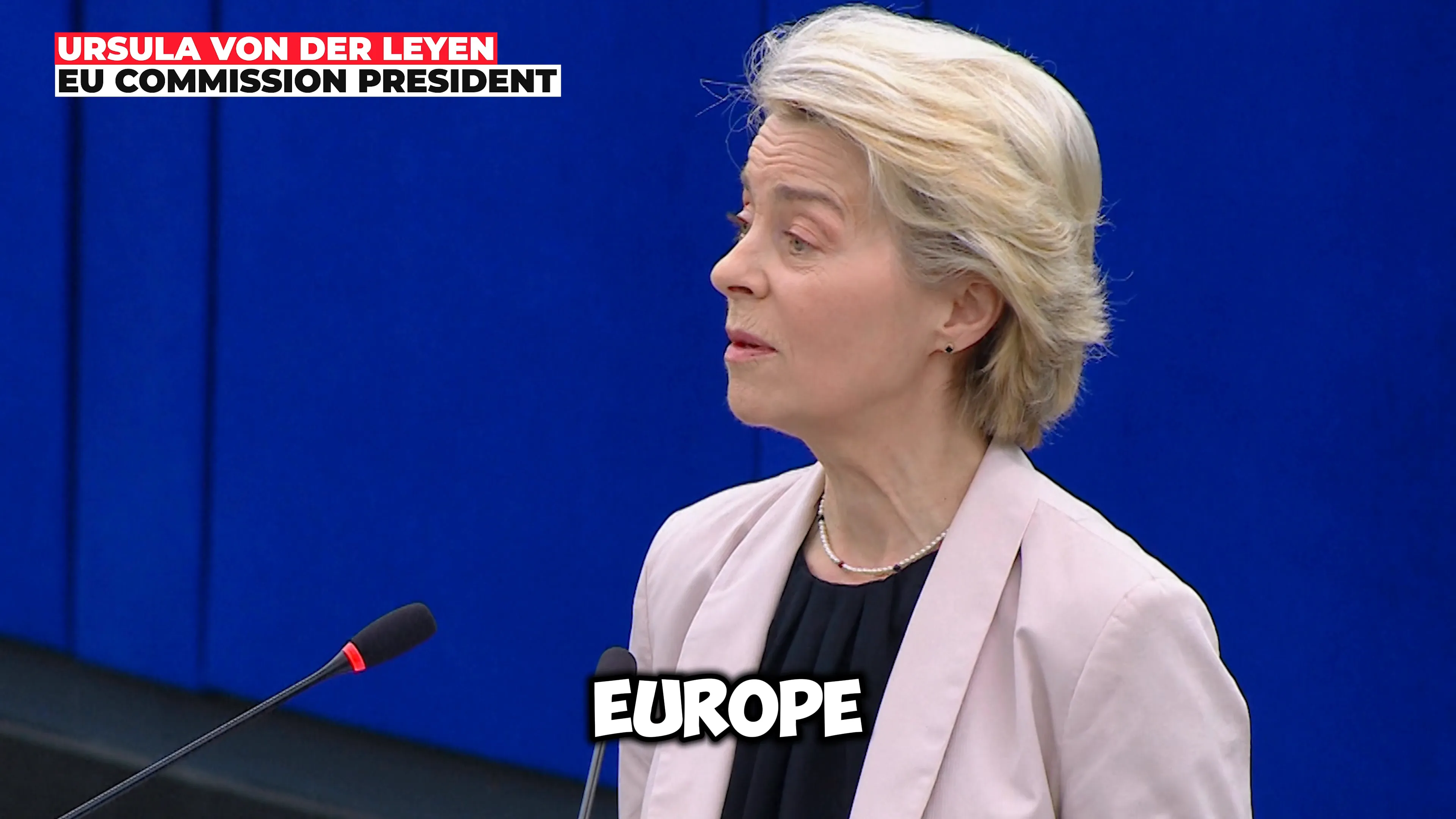
The Migration Crisis: Legal, Illegal, and the Failure of Enforcement
Migration remains one of Europe’s most pressing challenges. Nicolas Bay, an MEP, describes the situation as a “chaos” where both legal and illegal immigration numbers are rising. He criticizes current laws and the recently voted migration package, stating that deportations ordered by judges are often not enforced across the European Union. This failure to implement judicial decisions undermines the rule of law and fuels public discontent.
Such dynamics feed into broader debates about national sovereignty and control over borders. The inability to manage migration effectively has led to political polarization and mass protests, especially in Eastern European countries, as Christine Anderson points out. She describes widespread disillusionment with the EU, calling it an “undemocratic, anti-democratic hellhole,” reflecting a growing sentiment among many citizens who feel disconnected from Brussels’ decisions.
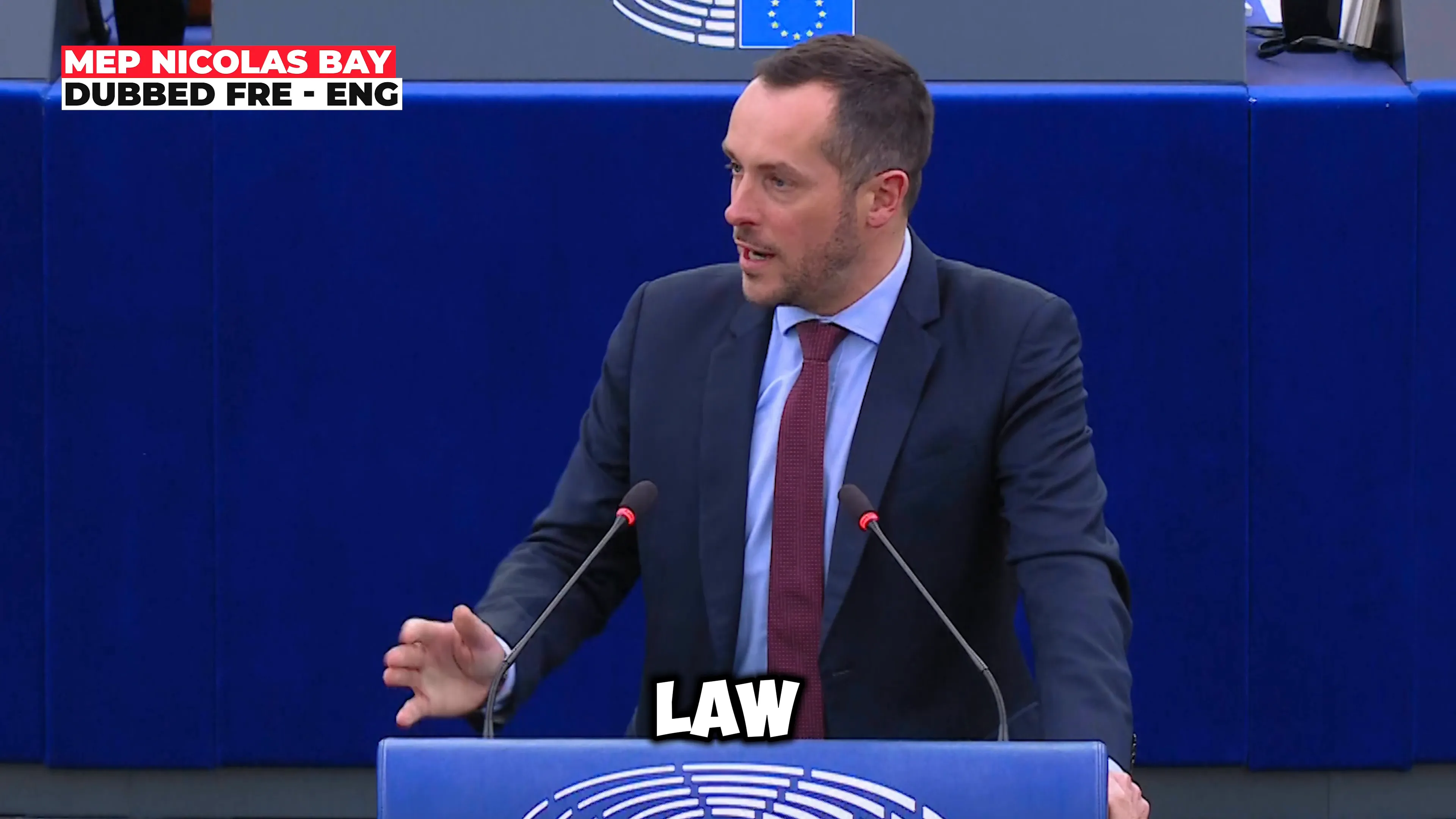
Political Hypocrisy and Sovereignty Under Threat
Several voices in the Parliament accuse the EU leadership of hypocrisy and ideological bias. Paolo Inselvini highlights how some statements aim to override the legitimate decisions of sovereign states, a practice that happens “far too often.” This sentiment is echoed by Giorgia Meloni, the Prime Minister of Italy, who stresses that democracy means serving the people, not ruling over them. She calls for a clear stance against external and internal attacks on Western values, particularly targeting “cancel culture” and “woke ideology.”
Christine Anderson further criticizes the current European Commission, calling it a “wrecking ball” that dismantles what has made Europe strong. She envisions a Europe that is “strongly sovereign and successful,” built on freedom, democracy, and the rule of law—but warns that under the current leadership, these goals remain out of reach.
The People’s Will vs. Brussels’ Arrogance
Paolo Borchia underscores a critical tension: the people of Europe have an “annoying habit” of thinking and voting independently, refusing to bow to Brussels’ will. This disconnect between the EU bureaucracy and the citizens fuels frustration and resistance against what many perceive as overreach.
Dominik Tarczyński takes this further by blaming “leftists” and “so-called Democrats” for allowing Islamists and terrorists to enter Europe amid waves of illegal migration. He argues that those responsible for this crisis are rarely held accountable, deepening mistrust within the political system.
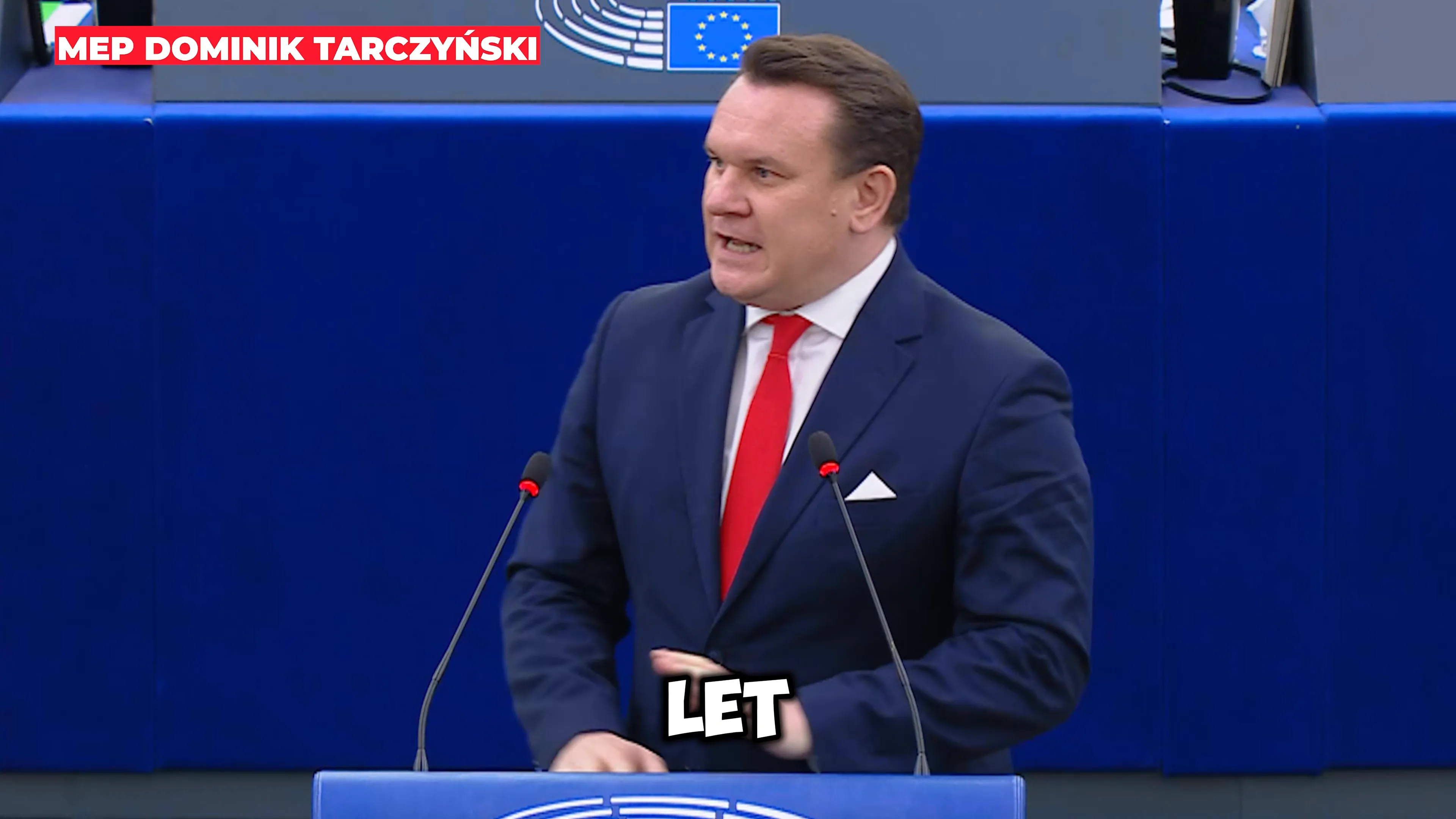
Internal Market vs. Political Union: The Limits of Integration
Geert Wilders, Dutch MP and leader of the PVV party, presents a nuanced view. While he supports cooperation through trade and an internal market, he strongly opposes a political union. Wilders points out that over 50% of Dutch laws originate from Brussels, limiting national sovereignty. He laments that immigration policy and budgetary decisions are increasingly out of national control, highlighting what he calls the “liberal deep state.”
This notion of a “deep state” reflects fears of an entrenched bureaucracy that operates beyond democratic oversight, pushing ideological agendas and diminishing the power of elected representatives. Viktor Orbán, Prime Minister of Hungary, echoes these concerns, labeling the EU’s liberal bureaucracy as ideologically driven and out of touch with the realities and values of member states.
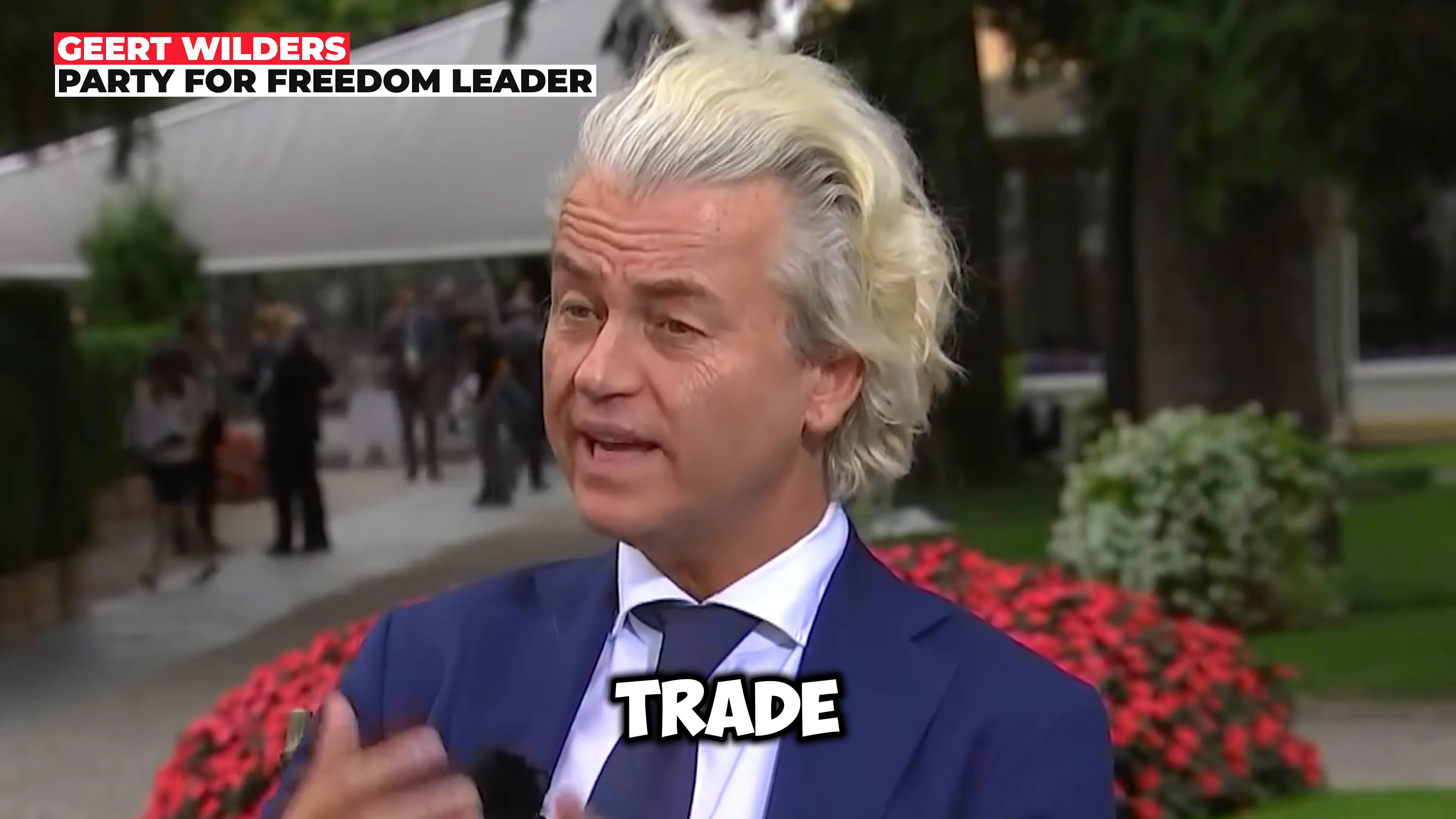
Hungary’s Stand: National Decision-Making and Migration Policy
Orbán stresses that decisions on migration and societal values should belong exclusively to national governments. Hungary has consistently refused to accept external pressure from Brussels or Washington to adopt migration policies it deems harmful. He highlights the importance of respecting each nation’s right to decide whom to admit or exclude.
He also critiques the ideological shifts in the West, noting how Donald Trump’s presidency caused a significant change in political thinking. Where migration was once universally praised and resistance condemned, the narrative has flipped to defending national interests and opposing illegal migration. Similarly, economic competitiveness is now prioritized alongside environmental concerns, and traditional religious and family values are gaining renewed respect.
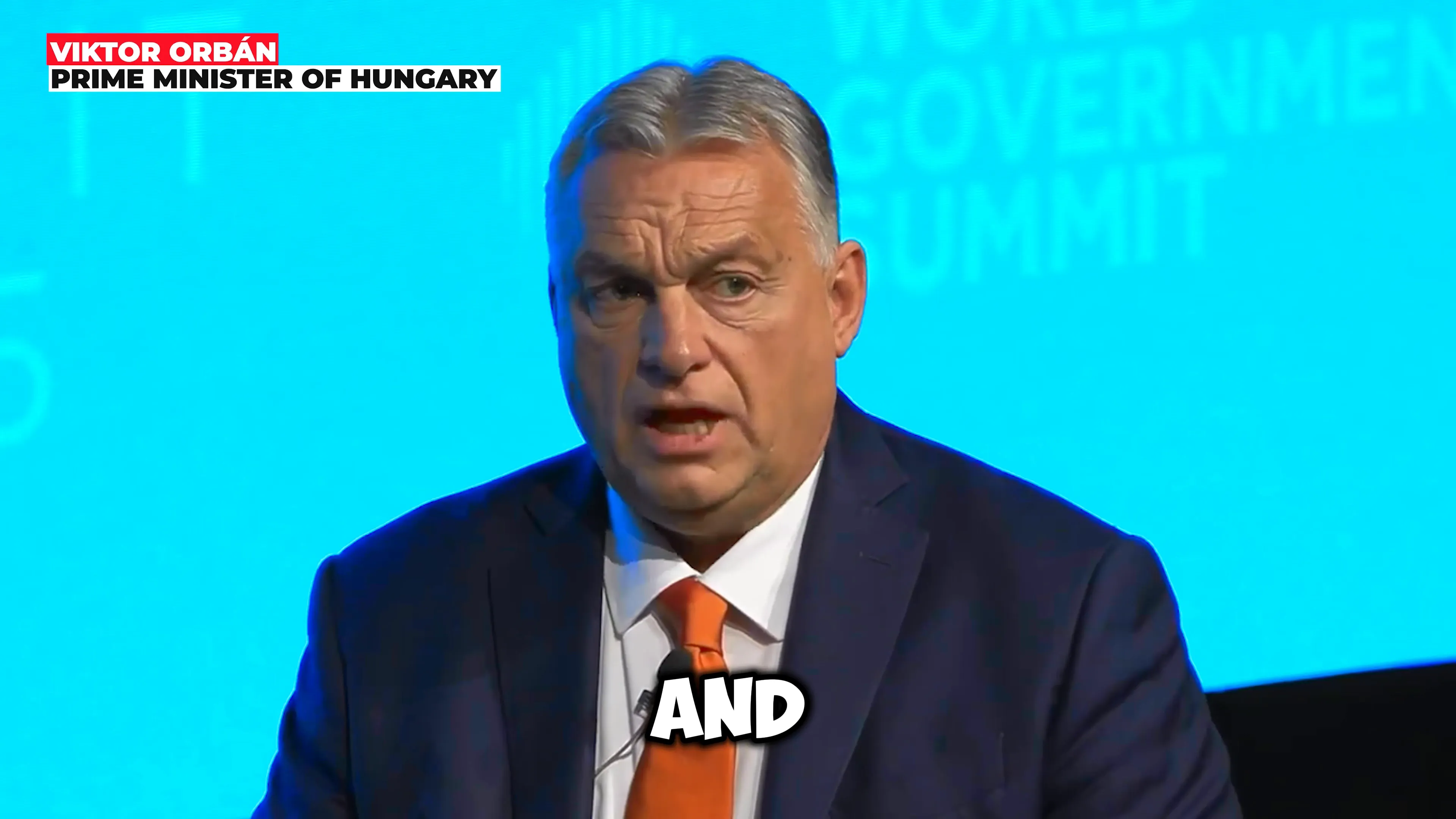
The Changing Mindset on Values and War
Orbán further discusses how Western attitudes toward Christianity, family, gender ideology, and war have evolved. Christianity, once mocked, is now recognized for its societal value. Traditional family structures, previously dismissed as outdated, are defended against what he calls “crazy gender propaganda.”
Regarding the Ukraine-Russia conflict, he notes a reversal in how peace and war advocates are perceived. For years, those calling for peace were vilified, while proponents of war were praised. This shift reflects broader geopolitical and ideological realignments that continue to shape European discourse.
The Bureaucracy vs. Democracy Dilemma
Dominik Tarczyński paints a stark picture of the EU bureaucracy’s dominance over elected officials. He reveals that bureaucrats wield more power than members of parliament, undermining democratic processes. Despite receiving hundreds of thousands of votes, elected representatives find their decisions overridden by unelected officials.
This situation fuels calls for reform. Tarczyński insists that Europe must change to restore sovereignty and democracy. He condemns the EU for forcing member states to adopt policies they do not want, eroding the principle that Europe should be a union of sovereign nations.
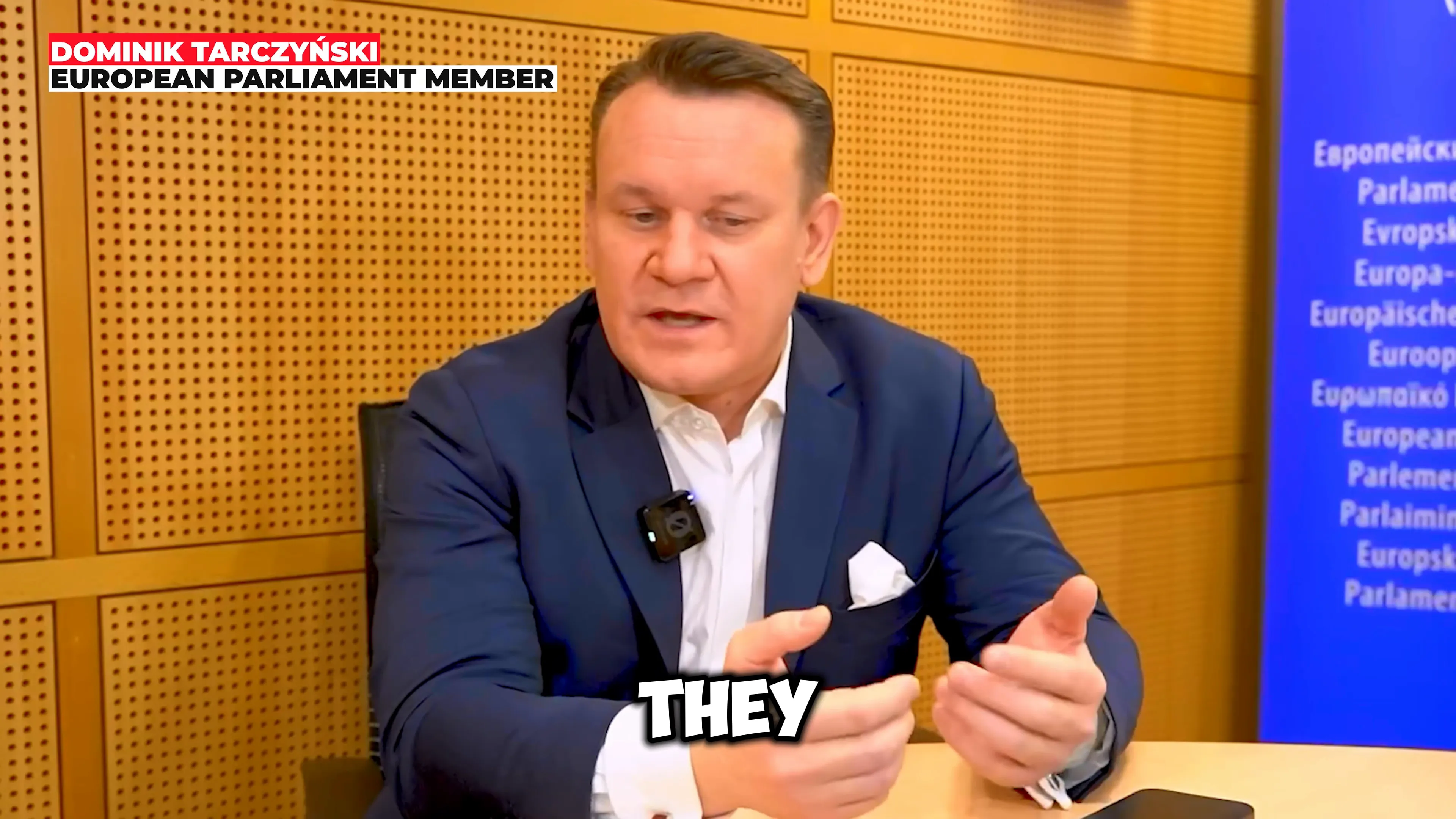
Defending Traditional Beliefs Amidst Ideological Pressure
Reflecting on his personal convictions, Tarczyński states his opposition to abortion and transgender ideology, which he views as pervasive and imposed through leftist agendas. He warns that dissenting voices face penalties, highlighting a troubling trend where citizens may “pay for what they believe in.”
This tension between traditional values and progressive ideologies encapsulates many of the conflicts currently roiling Europe. It underscores the broader struggle over identity, sovereignty, and the future direction of the continent.
Conclusion: The Future of Europe at Stake
Europe today is a continent divided, grappling with migration crises, ideological battles, and questions of sovereignty. The voices captured here reveal a deep dissatisfaction with the current state of the European Union, particularly with its bureaucracy and perceived ideological overreach.
At the same time, there is a powerful call for a Europe that respects national decisions, defends traditional values, and embraces freedom and democracy. Whether this vision will prevail depends on how effectively citizens and leaders can navigate these turbulent times and reclaim the principles that have long defined Europe.
In this evolving landscape, it is crucial to engage with these debates, understand the complexities, and participate actively in shaping the Europe we want for future generations.
